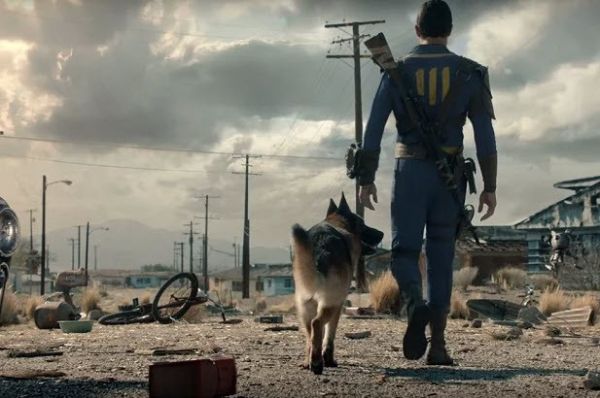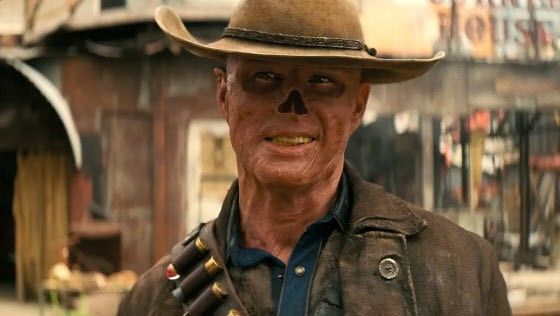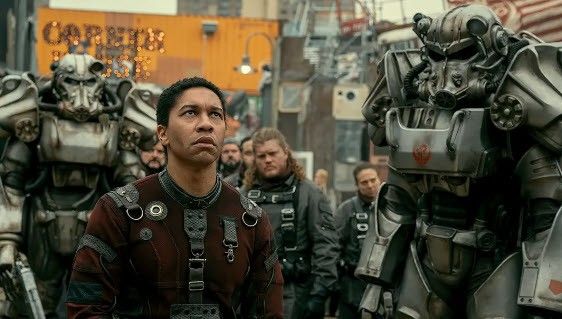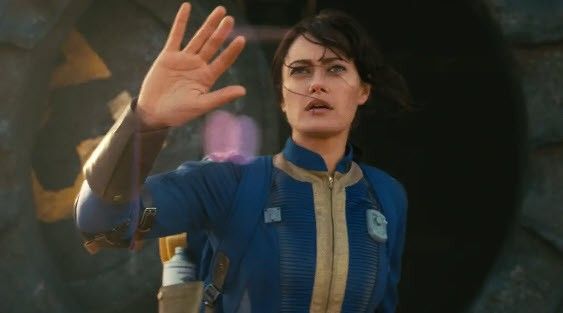



Fallout
- May 10, 2024
Welcome fellow gamers and TV series enthusiasts! Today, I'll be sharing my comprehensive insights into the highly anticipated Fallout series produced by Amazon. As an avid admirer of the Fallout video game series, I have been closely following each piece of news and update regarding this adaptation. Join me as we explore what this series has in store, from its setting and characters to its potential impact on future video game adaptations.
Part 1: The Original Fallout Saga
The journey begins in the post-apocalyptic wastelands created by Bethesda Game Studios. The Fallout video games are revered for their rich storytelling, deep role-playing elements, and their unique setting—a satirical and dystopian retro-futuristic America, influenced by post-World War II culture. The primary attraction of these games stems from their focus on survival elements and ethical decisions that influence the narrative. As we pivot to the series, one can't help but wonder how these elements will transition from gameplay to screen narrative.
Part 2: Transition from Game to Screen
Adapting a video game into a television series is no small feat. The beauty of Fallout’s vast open world poses a unique challenge: How do you condense such expansive storytelling into episodic TV without losing its essence? Amazon's track record with expansive worlds (consider 'The Expanse') gives hope for a faithful and engaging adaptation. The critical element is maintaining the game's essence—its grim humor, moral dilemmas, and atmospheric tension—while introducing a format that non-gamers can appreciate.
Part 3: Creative Minds Behind the Series
Jonathan Nolan and Lisa Joy, known for their work on 'Westworld', steer the ship for the Fallout series. Their experience in crafting intricate, thought-provoking narratives about technology and humanity makes them the perfect duo for delving into Fallout’s complex world. With their vision, I anticipate a series that not only respects the source material but also expands its horizons, exploring new stories within the established universe.
Part 4: Setting & Visual Aesthetics
The iconic visual palette of Fallout is vital to its appeal—a blend of 1950s Americana with a grim, post-nuclear war reality. It’s imperative that the series captures this unique aesthetic. From the rusty hues of the wastelands to the retro-futuristic technology, these visuals set the stage for the narrative. Early stills from the production hint at a faithful rendition, and I am particularly keen to see how the Vault-Tec vaults and their clean, vintage propaganda-inspired interiors are portrayed.
Part 5: Cast and Character Dynamics
While details on the casting are still under wraps, the success of the series will hinge heavily on its characters. In the games, players meet a myriad of characters each with deep backstories and complex motivations. The series offers an opportunity to explore these characters further and introduce new ones that can add depth to the Fallout universe. I'm hopeful for a cast that can embody these eclectic, rugged survivors of the nuclear apocalypse.
Part 6: The Storyline’s Scope and Adaptation
The narrative potential for Amazon’s Fallout is immense. Ideally, the series will blend well-known plotlines from the games with new tales that fit seamlessly into the lore. An interesting approach would be to use a new protagonist, akin to the vault dwellers of the games, whose journey through the wasteland helps to uncover the narrative. This storyline could intersect with familiar characters and events, providing fresh perspectives on the Fallout world.
Part 7: The Anticipation and Fan Expectations
Anticipation for the Fallout series is high, and so are the expectations of its legion of fans. My discussions with fellow fans reveal a blend of excitement and cautious optimism. Will the series remain true to the lore? How will it balance fan service with the need to attract a broader audience? These questions dominate forums and social media discussions, reflecting the passionate engagement of the Fallout community.
Part 8: Potential Impact on Future Adaptations
The success or failure of the Fallout series could set a precedent for future video game adaptations. A well-executed series could demonstrate that video games, especially those rich in story and character development like Fallout, are fertile grounds for television. It could pave the way for more such adaptations, opening doors for narratives that combine complex world-building with profound personal stories.
To conclude, Amazon's Fallout series holds the potential to redefine how video game adaptations are viewed. Its blend of rich narrative depth, paired with a visually striking post-apocalyptic world, offers a unique television experience. Keep watching as we keep track of this thrilling adventure from gaming console to TV screen.
- Expansive open world with deep lore
- Strong character customization options
- Engaging storyline with moral choices
- Extensive community and modding support
- Unique blend of humor and serious themes
- Regular updates enhance gameplay
- Can be overwhelming for newcomers
- Technical issues and bugs may detract
- Some may find it too dark or violent
